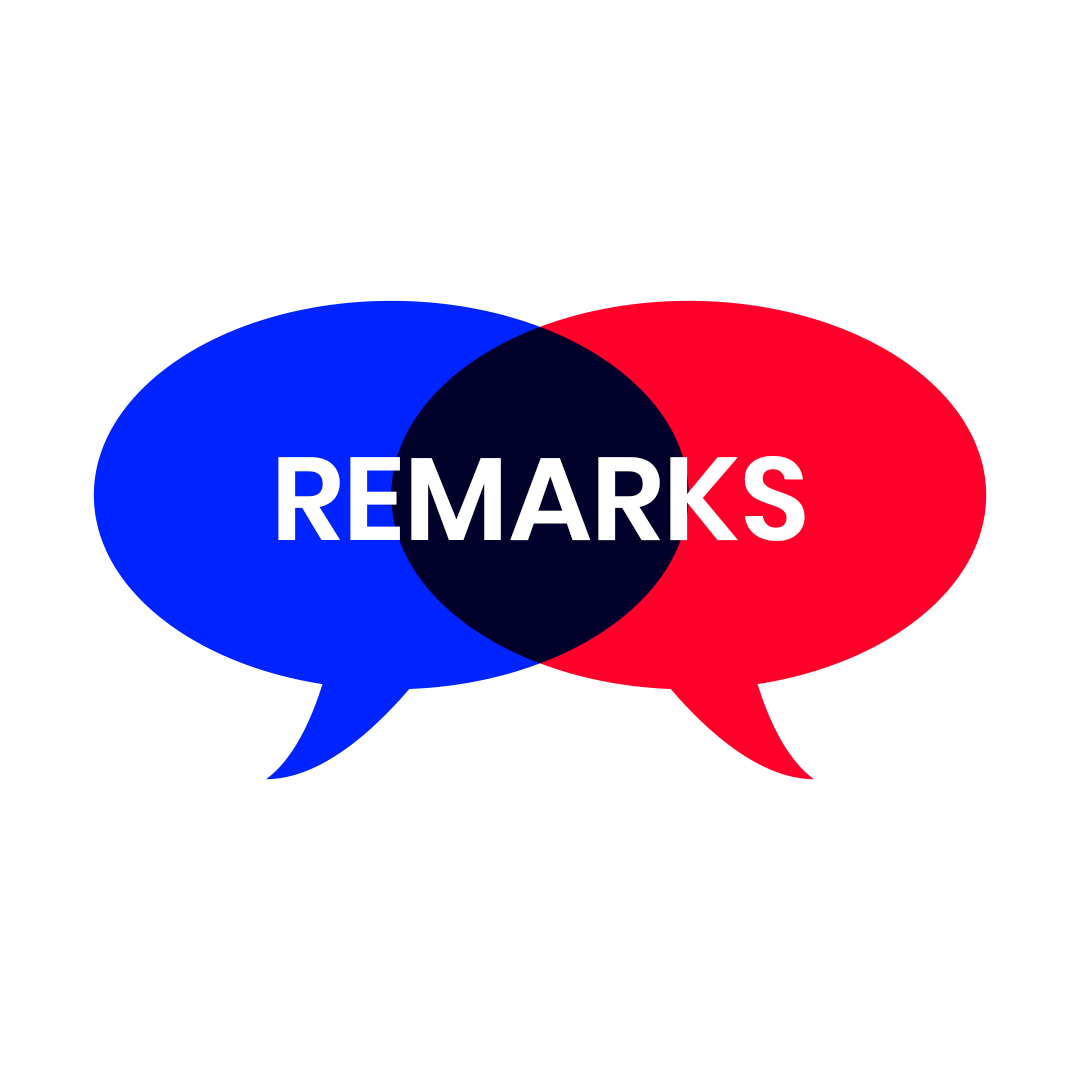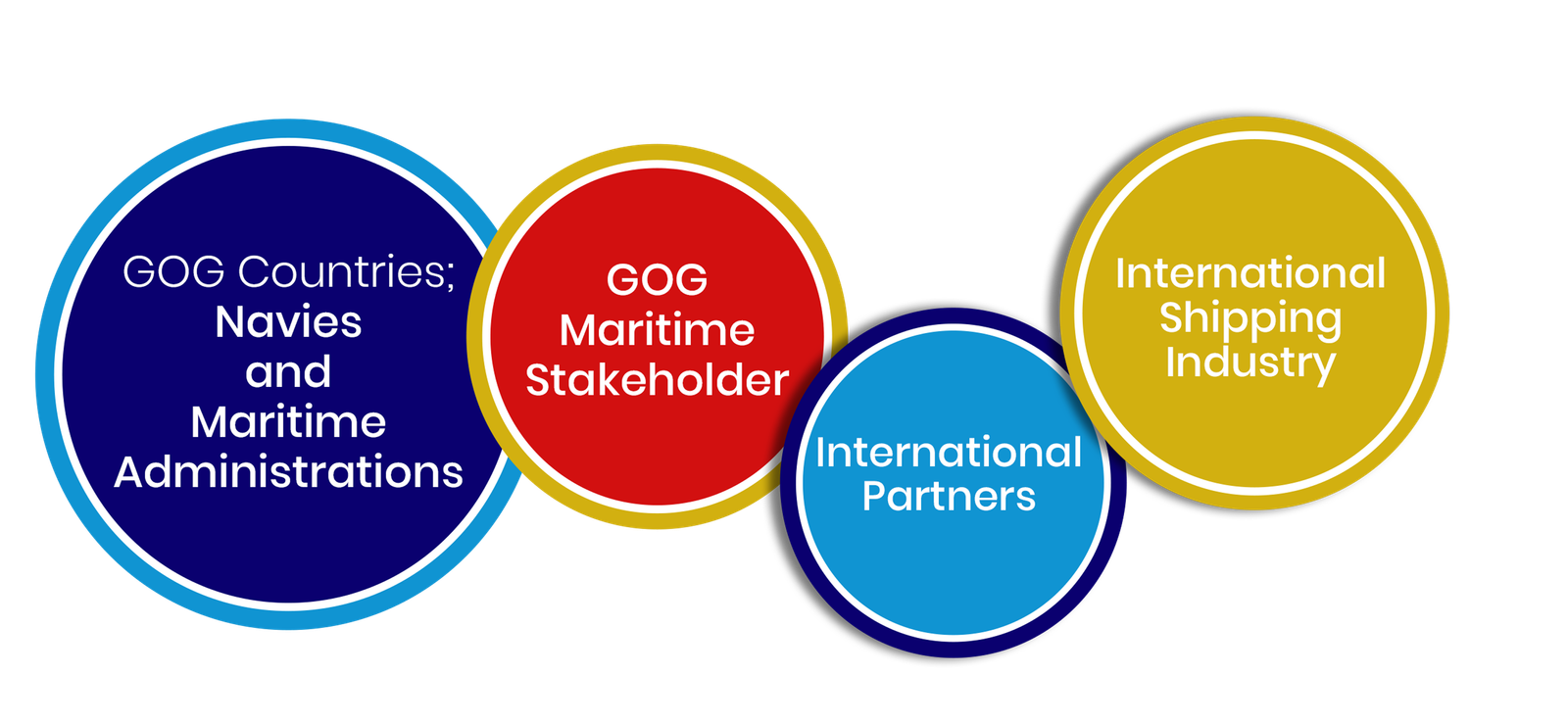
On 26th April 2021 the ICC Yaoundé and Nigeria announced the formation of an International Framework to provide shared awareness and deconfliction for activities in the Gulf of Guinea. This event is the inaugural meeting of this framework referred to as the Gulf of Guinea Maritime Collaboration Forum – SHADE (GOG MCF/SHADE). This online meeting hosted by the Gulf of Guinea Maritime Institute (GOGMI) is by invitation of the SHADE Co-Chairs from the the ICC and the Nigerian Navy.
GUEST SPEAKERS
- Mr Kitack Lim, Secretary-General, International Maritime Organization
- Vice Admiral Awwal Zubairu Gambo – Chief of Naval Staff, Nigeria
- Rear Admiral Narciso Fastudo – Executive Director, ICC Yaoundé
- Dr Bashir Jamoh, Director General/CEO NIMASA, Nigeria
- Mr Guy Platten, Secretary General, International Chamber of Shipping
EVENT FEATURES
SESSIONS I

Planery session

Remarks
SESSIONS II

vision

Plan

Presentations
The meeting will be divided into 2 sessions. The morning session will formally open this historic Plenary and include welcome remarks by both regional and international dignitaries. The Plenary Co-Chairs will lead the second session by setting the vision and plan for what the GOG-MCF SHADE will seek to accomplish. Three dedicated Working Group Chairs representing Cooperation at Sea (Operations), Reporting, and Information Sharing and Air De-Confliction will present their plan for achieving the objectives set.
The GOG-MCF/SHADE is a working meeting with the aim of producing meaningful actions and measures that translate to a significant increase in the cooperation at sea between regional and international navies, the international shipping industry, and maritime stakeholders in the Gulf of Guinea. The opportunity will be presented for maritime stakeholders to consider where their contribution can add value.


Strengthening Counter-Piracy Responses: The Gulf of Guinea Maritime Collaboration Forum
An article by the Gulf of Guinea Maritime Institute
Shared Awareness – A Starting Point
In the past decade, the world has witnessed an evolution of the Gulf of Guinea’s maritime security threat trajectory – an evolution that rendered the region the most dangerous for seafarers. In 2020, all fifty-seven (57) incidents of kidnapping-for-ransom worldwide occurred in the Gulf; and in the first quarter of 2021, the region accounted for nearly half of all reported piracy incidents worldwide, leaving it as the world’s piracy hotspot, according to the International Maritime Bureau (IMB).
